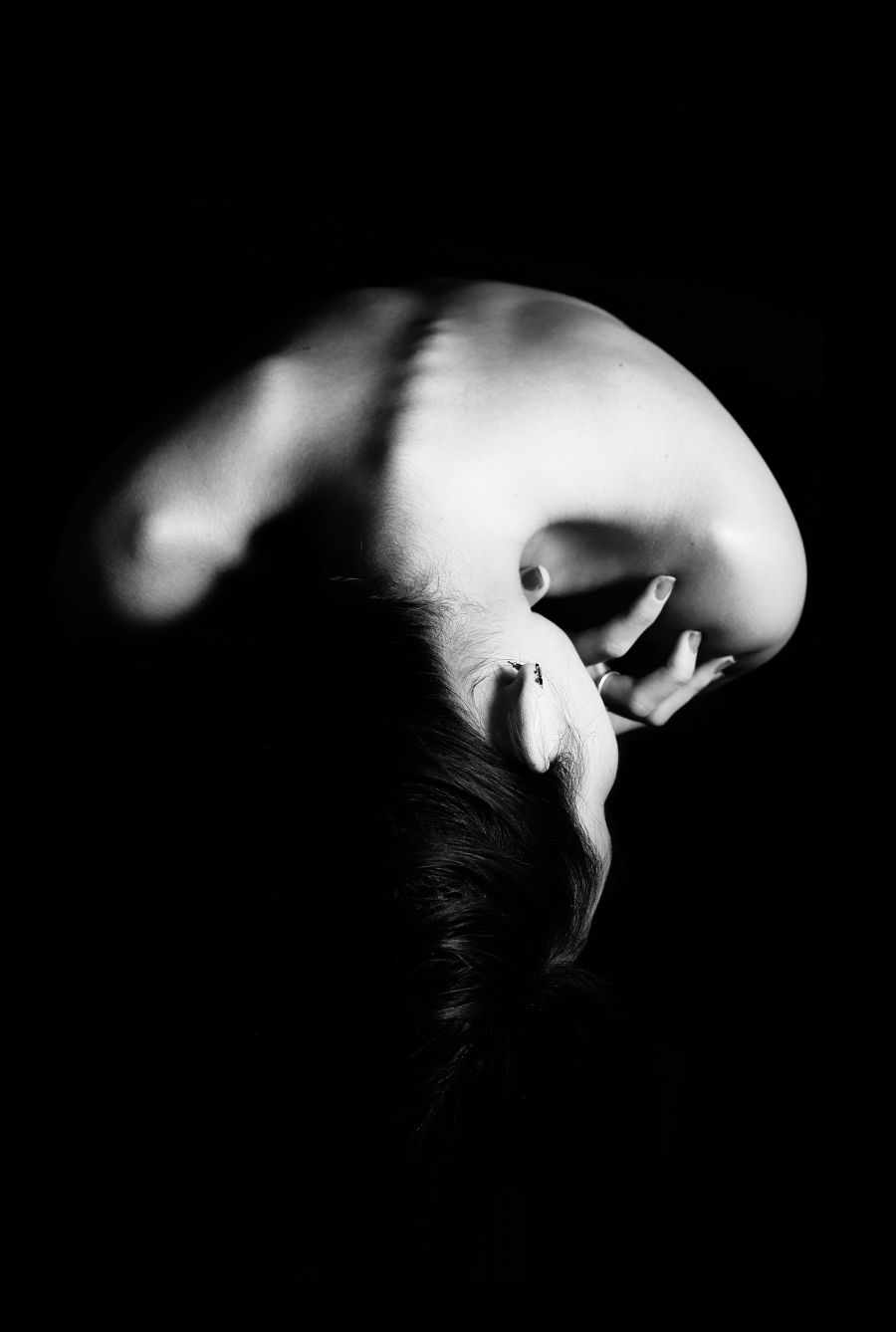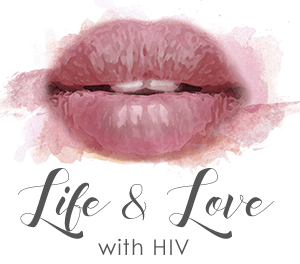
The Three Date Rule
November 9, 2018
My Happy Place Vol. 4: U=U=LOVE
November 27, 2018
The Three Date Rule
November 9, 2018
My Happy Place Vol. 4: U=U=LOVE
November 27, 2018It’s fun being young, sexy, and energetic, more so living positively with HIV. It is something you have to consciously strive to live by. People living with HIV have either two options: to live positively or to live in misery. I chose happiness, but it came with a fair share of trouble.
I had to fight with myself, my social environment and the mere fact that HIV was here with me and here to stay. I remember vividly how I struggled with the news of being HIV-positive just after my mom’s death and just after started my adolescent phase. Ugh!
I thought to myself, “Really? Is my life worth all this? How will I handle everything with nobody to understand me? Was this how my life would turn out to be?” These are questions that I didn’t find answers to back then. I never ever blamed my mother for my condition. I just wished she was around to help and guide me to understand everything.
But, hey! I’m here now, grown and more skilled, empowered and loving my life.
In this blog, I wanted to share a few strategies on how to navigate and go about disclosure. You might think that I am an expert at disclosure. Well, I am an expert at my own experiences, of course, with some help from a few really close people. But one thing is for sure: everyone’s journey is different. So, read my tips and add yours to the discussion below.
First things first, there are a few questions you need to ask yourself before disclosure.
1. Why do you want to disclose?
Why do you feel the need to disclose your status to anyone? What’s in it for you? This should be clear to yourself before you make the bold step.
Personally, I feel it’s important to disclose your HIV first to a close family member or friend just in case of an emergency and to have a support system, a reminder for your appointments, etc. My experience disclosing to my family was not that difficult because I was diagnosed while I was pretty young, so most of my family members knew.
As for friends, I made majority of them from the support group I used to attend. They shaped my journey and confidence in knowing that I was not alone. I have had issues with my sexual relationships though; disclosing to them was for all the wrong reasons name it all: to be wanted, to feel loved, to get sympathy, to fit in. The men I met were beautiful, they had all the reasons I had in mind for disclosure. Gosh, the devil sure knows how to package itself. (Laughs hysterically).
2. How do you go about disclosure?
Disclosure has no direct process. There is no clear beginning or end. It’s a journey that you must learn along different phases of your life. You have to go through all the hard, exhausting and draining stages before you can realise why it’s important to disclose or not to disclose. Most people, especially young people, have this delusion that disclosure is magical and pretty and that it solves 90% of their dating problems, that once you disclose you live happily ever after with your partner. But unfortunately that is not the case actually HIV disclosure is not for the faint hearted, you have to have a very thick skull and skin to have least of your expectations and just live each day as it unfolds.
“ Disclosure has no direct process. There is no clear beginning or end. It’s a journey that you must learn along different phases of your life.”
3. Where do you disclose?
The place of disclosure is very crucial. You need somewhere you can feel safe and free to speak. I prefer an open space because I find it’s easier to control (whoever am disclosing) their reactions in public, unlike somewhere in a closed place, like a house, where anger and rage can be expressed, leaving you feeling guilty, ashamed, name it all.
4. What expectations should you have?
Zero expectations is what should be expected.
Most of us living with HIV expect that the person we are disclosing to will be supportive, caring, loving, and always there. How I wish that was always true! But, unfortunately, we can also be rejected, ghosted, hated, etc. So, it’s safe to just not expect much and be prepared to accept anything that comes with disclosure, as I had said earlier it is not easy and you have to really understand why you really want to do disclosure. I can’t blame anyone who has positive expectations and envisioned outcomes of disclosure, really it’s logical if you feel some type way about someone to expect the same from them.
Funny thing is that people might ignorantly say, “then, why don’t you date someone who has the same HIV status as you? It’s easy and y’all don’t need to go through that horrible experience of disclosure.” But one thing they don’t realise is that even with you dating someone with the same status, it isn’t that easy, break ups do happen and they might decide to make your life a living hell.
If, after reflecting on these questions, you decide you do want to disclose, here are the steps I normally take in dealing with this burden we feel like we are carrying.
1. Establishing trust.
If I really want to disclose to someone for genuine reasons, I do it after I have factored a few things, like what they know about HIV. This is has worked well for me when it comes to disclosure.
See if they at least know the basics about HIV. Try introducing them to the subject and notice if they are interested to learn more. Think about what impacts they are bringing into your life. Too often, we focus on protecting others from HIV. We forget we need to protect ourselves.
Ask yourself, can I trust them? You don’t want people screaming your status in every meeting or chitchat they have with people. Take time to get to know the person. Time is how we build trust.
2. Going slow.
Taking a break from my two breakups helped me shift my focus onto me and evaluate why it was really necessary to disclose my status to every tom, dick, and harry I met. I grew a thick skin and realized that what I wanted most was to be happy and strong. Every day, I focus on being exactly who I want to be, not on what others want me to be.
3. Building confidence.
My confidence came about after I was able to accept my status and come to terms with the fact that the virus was here to stay. My peer support group helped a lot with this and it was the best thing that happened to me. I just learned that I had to live peacefully with the virus, or my life would be miserable.
“ I just learned that I had to live peacefully with the virus, or my life would be miserable.”
When it comes to dating, we need to be really confident and be able to accept what comes after the disclosure. If people react badly, remember it’s not us who suck—it’s them! We can’t control anyone’s emotions, and it shouldn’t be our job to educate them either.
If it helps, send them to our beautiful online community so they can learn the facts about life and love with HIV straight from the experts.
4. Understanding your purpose.
This is when you know you have goals and a vision you want to achieve in the future. Everyone needs time to cry and to heal when they learn of their HIV status. But try not to spend too much time wallowing in sorrow and self-pity.
I stay true to my ARVs and I only remember my HIV status when I take my drugs and when am going for my refills. The virus does not define me. And it doesn’t have to define you.






